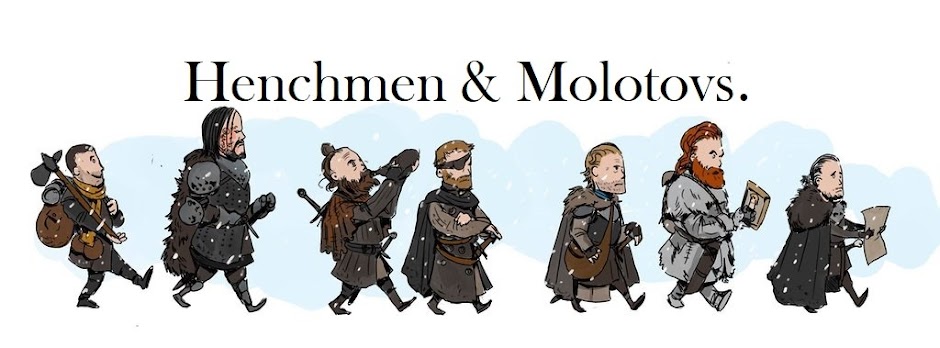I got a question in another setting about what kinds of people can play D&D. Obviously, anyone can try it, but I decided to drill down a little and answer a similar question: what kinds of people would benefit from the hobby?
The following is what I wrote, more or less verbatim, with a couple of edits for clarity.
People will enjoy D if:
They can sit still for a while
And if one or more of the following is true:
They like board games or cards
They have a dramatic flair
They like to be social but prefer their social time structured
They like to problem-solve
They have a sense of imagination and wonder; they have enjoyed it would enjoy imagining fantasy-medieval adventures, Greek epic tales, survival-horror tales, and other kinds of fantasy adventures.
What to expect? Well, you will probably feel a little silly (at first) and you will probably play with at least one person on the spectrum, because d&d is popular with harmless weirdo types.
If you’ve never played tabletop RPGs before:
This is a game of adventure. Instead of a board, the playing field is our imagination. One player, the Referee, provides the premises of the world. The rest of the players invent fictional characters and imagine what those characters would do in the world. In this way, we can tell a story in common with one another.
Most of the time, the Referee will use his knowledge and judgment to tell you what’s happening and how the world reacts to your characters. Sometimes he will consult the dice to see what they think. Sometimes he will turn to the players and ask them what they think should happen.
The special part about this kind of game is that there is no pre-written story or presumption about how things “should” happen. You and your friends are allowed to try anything within the realm of the game world, and then deal with the consequences.
If you’ve played modern RPGs like D&D 5e:
We play the world, not the rules. Our characters are people, not builds. Your player skill is much more important than the skills on your character sheets. We play face-up, toward one another, and not face-down, looking at our sheets, because the answers we seek to the problems we pose are not on that sheet. It’s only a reminder.
As we play, we forego and even reject the notion that there is a rule set that can overrule the Referee. And if the Referee lets that go to his head, we will call him out, because we’re all playing together and all deserve to have fun. What we won’t do is call on some higher authority.
The game will go faster than you are used to for it is more efficient. It will also be more deadly, since the world exists as it is, and not as a playground for your well-balanced party, and because the rules are less death-averse.


No comments:
Post a Comment
Stay focused.